Last year, we reported a California federal district court dismissed a lawsuit filed by the wife of a construction worker who claimed her husband contracted COVID-19 at work and brought the virus home, infecting her as well.[i] Plaintiff appealed, and the Ninth Circuit heard oral argument on March 10, 2022. Following oral argument, the Ninth Circuit certified the appeal to the California Supreme Court for guidance in light of the intervening decision by the California Second District Court of Appeal in See’s Candies, Inc. v. Superior Court.[ii]
-
Background
Plaintiff, age 65, sued her husband’s employer, claiming she contracted COVID-19 from her husband, who contracted the virus at work. The complaint alleged defendant knew or should have known its employees at a construction site in Mountain View, California had been potentially exposed to the virus but did not require quarantine in violation of local health orders. The complaint alleged the plaintiff’s husband was forced to work with at least one worker who had been exposed. Plaintiff and her husband tested positive for the virus on July 16, 2020 and were hospitalized for several weeks of treatment. Plaintiff’s husband filed a workers’ compensation claim against his employer and was receiving benefits.
After a lengthy hearing, the court agreed with defendant: plaintiff’s claim was barred by operation of the workers’ compensation exclusive remedy statute. Even assuming the exclusive remedy did not apply, plaintiff faced a significant hurdle in trying to prove causation: her husband was infected at work and she, in turn, was infected by her husband. The impact of the court’s ruling left plaintiff without remedy because she did not independently qualify for workers’ compensation benefits. If the court’s dismissal stood, did not have standing to bring a civil suit against her husband’s employer.
Plaintiff amended her complaint, adding language to make the case more analogous to a case involving asbestos fibers being brought home. The amended complaint alleged defendant somehow—either on his clothes or his body—brought the virus home via a “fomite” (a tangible vehicle) and that plaintiff contracted the virus from contact with the fomite. Or as defense counsel refered to it: “infection by fabric.”[iii]
The federal district court sided with defendant and dismissed plaintiff’s complaint on the grounds her claim was derivative of her husband’s workers’ compensation claim and therefore barred by workers’ compensation exclusivity. The district court went one step further and made a separate finding that, even if plaintiff’s claim was not barred by workers’ compensation exclusivity, it would be barred anyways because plaintiff’s domino theory is too attenuated for the court to find the employer owed a legal duty to prevent COVID-19 from spreading to members of an injured worker’s household.[iv] The court reasoned, unlike asbestos (which could be contained and effects a discrete population) public policy could not support finding a legal duty in the case of COVID-19, which is ubiquitous.[v] The court also cited the potential lack of third-party insurance coverage for COVID-19 claims as a public policy reason for making a finding of no duty.[vi]
-
The See’s Candies Decision
While the Kuciemba appeal was pending with the Ninth Circuit, on December 21, 2021, the Second District of the California Court of Appeal decided another factually similar COVID “take-home” case, See’s Candies, Inc. v. Superior Court.[vii] In the See’s case, plaintiff alleged she was exposed to COVID-19 while working for See’s Candies because the company failed to implement appropriate safeguards.[viii] Plaintiff alleged she brought the disease home and transmitted it to her husband who died.
On appeal, the court held plaintiff’s claim was not barred by workers’ compensation exclusivity because the derivative injury doctrine which applies to loss of consortium claims does not embrace wrongful death claims.[ix] Defendant appealed the decision to the California Supreme Court. However, on April 13, 2022, the Supreme Court declined to review the decision, which effectively makes the Court of Appeal’s decision binding precedent on lower courts.[x]
-
The Kuciemba Appeal and Certification to California Supreme Court
The Kuciemba appeal was argued in front of a three-judge panel of the Ninth Circuit on March 10, 2022. In light of the See’s Candy decision, the Ninth Circuit determined it needed guidance from the California Supreme Court. On April 21, 2022, a week after the Supreme Court declined to hear the See’s appeal, the Ninth Circuit issued an Order Certifying Questions to the Supreme Court of California: (1) If an employee contracts COVID-19 at his workplace and brings the virus home to his spouse, does California’s derivative injury doctrine bar the spouse’s claim against the employer? And (2) Under California law, does an employee owe a duty to the households of its employees to exercise ordinary care to prevent the spread of COVID-19? [xi]
In explaining the need for certification, the Ninth Circuit explained there is no controlling precedent and the Supreme Court’s decision could not only determine the outcome of the pending Kuciemba matter but presents issues of significant public importance for the State of California: the scope of an employer’s liability in tort for the spread of COVID-19, the application of the public policy exception to Cal. Civ. Code § 1714(a)’s general duty of care in the context of a pandemic, and –perhaps most sweepingly—whether California’s derivative injury doctrine applies to injuries derived in fact from an employee’s work place injury.[xii]
-
Takeaway
Although the Supreme Court declined to hear See’s appeal, it may now have to confront the issue based on the Ninth’s Circuit’s certification of the Kuciemba matter. As the Ninth Circuit stated in its certification, the issue is of “significant public importance” and is far-reaching, impacting all California employers. During oral argument, Defendant’s counsel articulated exactly what is at stake from a public policy perspective: opening the floodgates to litigation because the vast majority of those who contract COVID-19 have a spouse or significant other who works. The See’s decision is limited on its facts to a wrongful death claim, and thus, a smaller subset of potential claims. However, if the Ninth Circuit, with input from the California Supreme Court, were to broaden the See’s holding and apply it to Kuciemba, anyone with COVID-19 could sue their spouse’s or significant other’s employer without the protection of liability insurance. The economic consequences of such a holding would be dramatic. We will continue to monitor this important case and provide updates and analysis.
[i][i] Kuciemba et. al. v. Victory Woodworks, Inc. U.S. District Court for the Northern District of California, not published.
[ii] See’s Candies, Inc. et. al. v. Superior Court (Ek) (2021) 73 Cal.App.5th 66
[iii] Hearing Transcript dated May 7, 2021
[iv] Hearing Transcript dated May 7, 2021
[v] Hearing Transcript dated May 7, 2021
[vi] Hearing Transcript dated May 7, 2021
[vii] See’s Candies, Inc., supra
[viii] Ibid.
[ix] Ibid.
[x] Ibid., review denied April 13, 2022
[xi]U.S. Ninth Circuit Court of Appeals Order Certifying Questions to CA Supreme Court dated 04/21/22
[xii] Id. at p.6

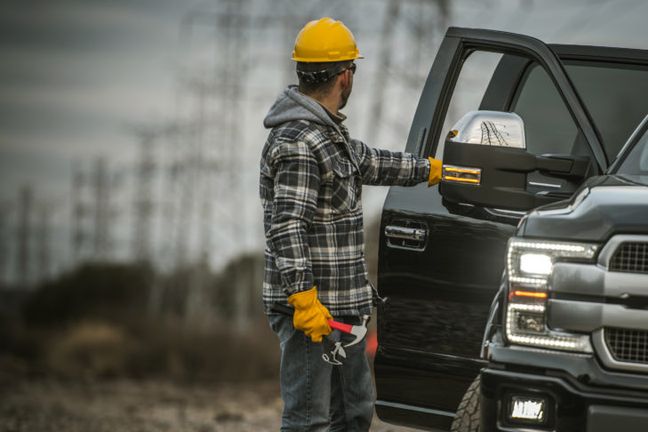
 Author: David Kahn
Author: David Kahn
 Editor: Grace Shuman
Editor: Grace Shuman
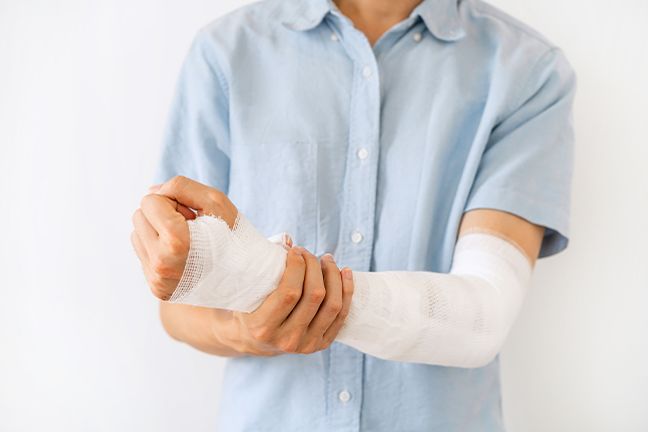 Audish v. Macias Builds Upon the Foundation Started in Howell v. Hamilton Meats & Provision, Inc. By Affirming the Admissibility of Medicare...
Audish v. Macias Builds Upon the Foundation Started in Howell v. Hamilton Meats & Provision, Inc. By Affirming the Admissibility of Medicare...
 My New Year’s Resolutions at Work
My New Year’s Resolutions at Work
 Barking Up the Wrong Policy
Barking Up the Wrong Policy
 California Civil Procedure Code Section 998 – a Means to An End
California Civil Procedure Code Section 998 – a Means to An End
 May or Must: California and the Ninth Circuit Applies Grammar Rules for FMLA
May or Must: California and the Ninth Circuit Applies Grammar Rules for FMLA
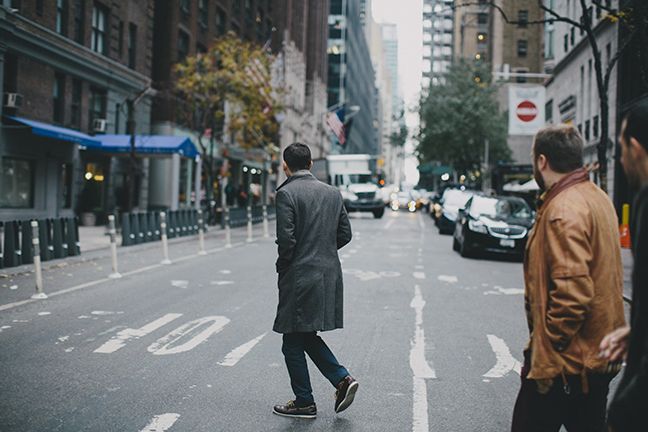 Par For the Course
Par For the Course
 Shining Light on Phantom Medical Bills–Lessons from Washington on Using Federal Hospital Price Transparency Rules to...
Shining Light on Phantom Medical Bills–Lessons from Washington on Using Federal Hospital Price Transparency Rules to...
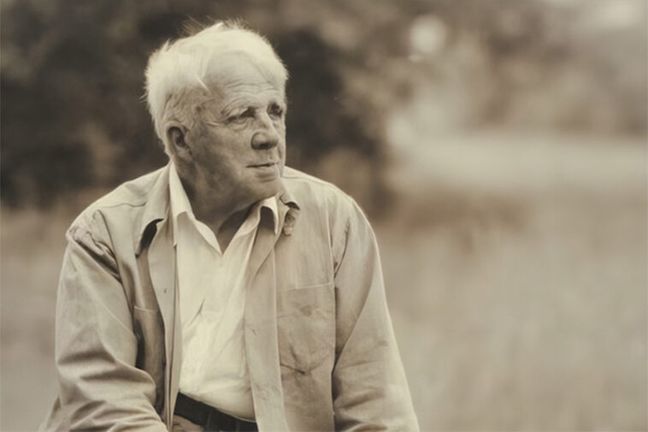 When Roads Diverge in the Wood: the Power of Risk in Building a Fulfilling Career and Stopping Nuclear Verdicts®
When Roads Diverge in the Wood: the Power of Risk in Building a Fulfilling Career and Stopping Nuclear Verdicts®
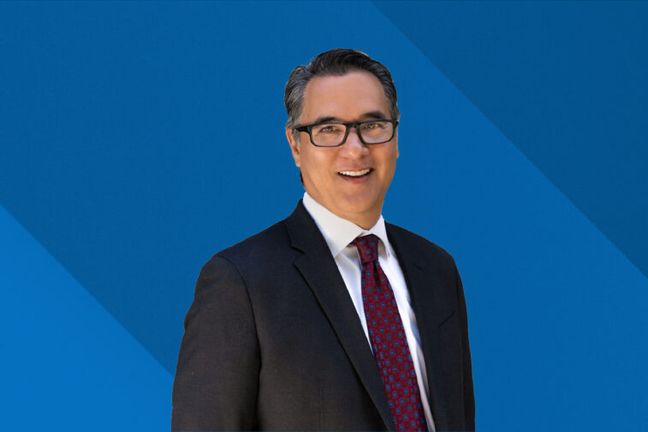 Ask Atty: Scott Ruksakiati
Ask Atty: Scott Ruksakiati
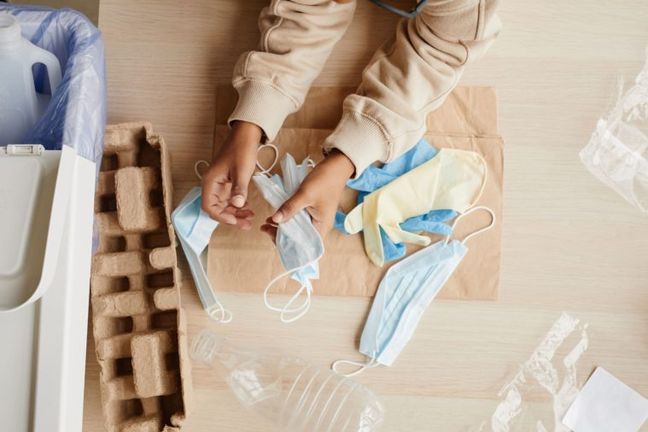 Supreme Court May Need to Review Covid-19 Loss Coverage in California
Supreme Court May Need to Review Covid-19 Loss Coverage in California
 Howell v. Hamilton Meats & Provisions Continues to Deliver Justice for California
Howell v. Hamilton Meats & Provisions Continues to Deliver Justice for California
 Police Reports Are Often Inadmissible – But Not Always…
Police Reports Are Often Inadmissible – But Not Always…
 California Supreme Court Holds Dynamex ABC Test Applies Retroactively
California Supreme Court Holds Dynamex ABC Test Applies Retroactively
 Medi-Cal Liens Not Preempted by Federal Medicaid Anti-Lien Statute
Medi-Cal Liens Not Preempted by Federal Medicaid Anti-Lien Statute
 Is In-House Counsel’s Legal Advice Privileged in California if Shared with Non-Lawyers?
Is In-House Counsel’s Legal Advice Privileged in California if Shared with Non-Lawyers?
 Reasonable Minds May Differ When it Comes to Interpretation of Philadelphia’s Insurance Policy Exclusions
Reasonable Minds May Differ When it Comes to Interpretation of Philadelphia’s Insurance Policy Exclusions
 Update: California District Court Upholds Previous Dismissal of Wife’s COVID-19 Civil Suit
Update: California District Court Upholds Previous Dismissal of Wife’s COVID-19 Civil Suit